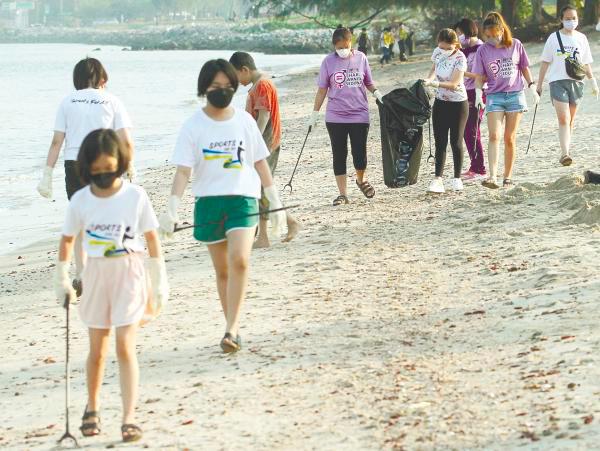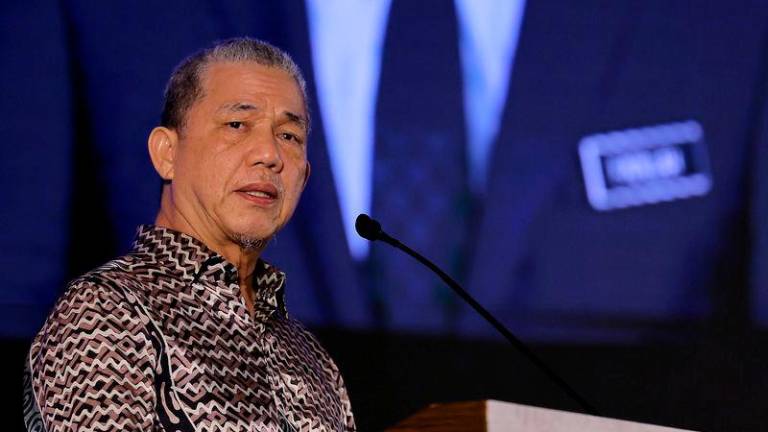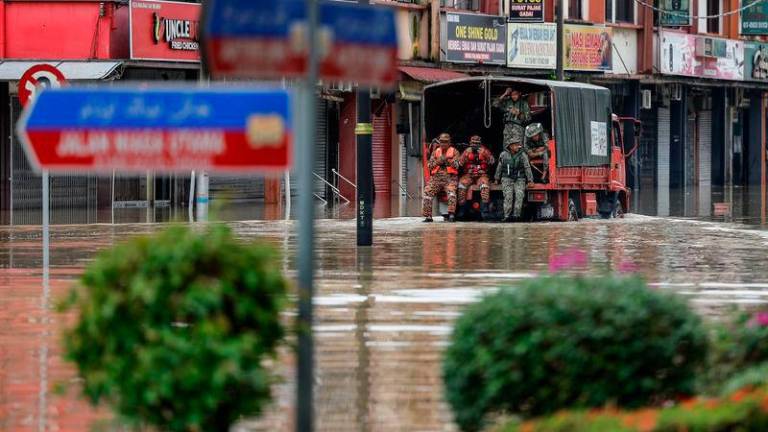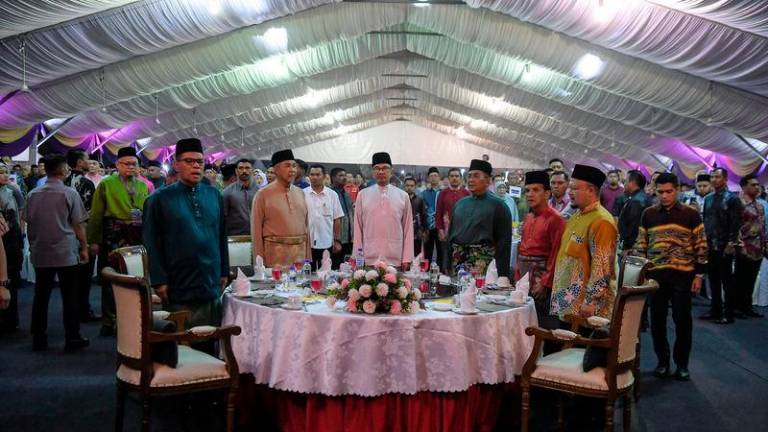ARRIVING early at SMK Permata last Friday morning, I was ushered by a teacher into a hall filled with Form Four and Form Five students. After being introduced to them, I began my talk as a guest motivational and inspirational speaker, addressing these eager young minds.
I engaged the students with questions such as “What will you do after your SPM exams?”, “Do you know what to do?” and “Who influenced you, and what are your existing skill sets?” After they had answered these questions, I started my session on “Why must a student focus in life”, a topic I thought was most critical for the fifth formers.
I selected six students to join me on stage and was most impressed with their responses. Many of the students planned to pursue careers in business, citing their strong language abilities and interpersonal skills as key motivating factors.
I then asked, “How many of you make your beds in the morning?” While a few acknowledged this routine, a majority remained silent. I then moved on to my favourite topic, with the question “Who among you washes the toilet at home?” and “Do you leave the toilet clean for the next person?” There was pin-drop silence among my audience.
Why have the sad and shameful conditions of our school toilets remained the same?
From my school days to the present day, government school toilets have been an issue of horror, shame and disgust. The current state of health hazards posed by their conditions is truly unimaginable. I want to underscore the urgency of addressing the issue of school toilets:
Ignorance: The way the school toilet issue has been handled all these years is similar to ignoring an elephant in the room. This is an issue that has been discussed repeatedly in forums either via online media or letters to the editor, among all parents in the Parent Teacher Association (PTA/PIBG) but never in Parliament. The Education Minister must address this matter as it is of grave concern promptly, considering its significant implications for our children’s well-being, health and the reputation of educational institutions. This is inexcusable and it is evident not only in school toilets but also in numerous eateries and public lavatories across the country. If we do not educate our children from young on the importance of maintaining cleanliness in their homes, they will not grasp this concept in school or elsewhere.
Early education: Japanese children are often taught about cleanliness and hygiene in preschool and early elementary school. The Education Ministry should adopt the Japanese concept and mandate comprehensive training for every child to uphold cleanliness in toilets and their surroundings. This training should begin in preschool and continue throughout the child’s schooling years. Every school principal must be held responsible for the cleanliness of the toilets and ensure that the cleaners are doing their job well. Additionally, the government must allocate sufficient funds to each school to maintain proper equipment for toilet cleanliness.
Demonstrations: Teachers and parents play vital roles in demonstrating proper toilet cleaning and hygiene practices. It is essential that every teacher receives training to effectively impart these skills and instil the importance of proper hygiene practices in every child.
Use of visual aids: Use a variety of materials such as posters, illustrations and educational resources to visually demonstrate the proper way to clean lavatories and maintain cleanliness. Ensure that these materials are available in all languages to include vernacular schools in this educational initiative.
PTA/PIBG: This committee must play a vital role not just in educational excellence but hygiene awareness, too. They must mandate a class duty roster for students to clean the toilets and the school compound. Cooperation and support among the principal, teachers and parents is crucial. There is nothing wrong with our children learning to maintain clean toilets or picking up litter, whether it is at home, in school or anywhere else. Cleanliness is a habit that everyone should emulate.
Role-playing: Games and activities can effectively help children understand and practise proper toilet cleaning and hygiene. This must start in kindergartens and nurseries. Each child must be taught about cleanliness and hygiene, and their parents should be included in these role-play activities to ensure the habit is continued at home.
Parents: They are the primary educators for their children. Alongside teaching ABCs and 123s, it is important to instil lessons in toilet cleanliness and hygiene. Starting as early as three years old, introduce simple household chores in a fun way, emphasising proper toilet usage and maintenance. Home is where a child learns to become either a hero or a zero.
Media: Catchy songs and rhymes can be used to make learning about cleanliness fun and memorable. Radio, television and social media platforms should highlight the deplorable condition of our toilets to garner greater attention and commitment from all stakeholders – including government ministries, parents, teachers, headmasters, corporate companies and toiletry suppliers.
Reward systems: Some schools or households use reward systems to encourage children to keep toilets and their surroundings clean. We can elect student bodies to be in charge of toilets and school cleanliness and reward them with merits. The school can assign the members of the Art Club or students good in art to beautify the toilet and school surroundings. The Education Ministry can launch a hygiene campaign or competition among schools in every state, and reward the winning school with a trophy and budget allocations towards the school funds. Such projects can further encourage and instil awareness among the students on the importance of toilet hygiene.
Community involvement: Engaging children in community clean-up activities, such as gotong-royong projects in schools and local neighbourhoods, can foster a sense of responsibility for their surroundings. Schools can organise field trips to visit landfills, transfer stations and recycling centres to raise children’s awareness about cleanliness and its significance.
Emphasis on respect: In Malaysian culture, respect holds a significant importance and this should extend to public spaces such as toilets. Children must be taught to respect and maintain the cleanliness of public properties including playgrounds, parks, town halls and toilets. Encouraging them to pick up litter wherever they are can help reduce the RM2 billion spent annually on waste management.
Consistent reinforcement: Parents and teachers must consistently emphasise the significance of cleanliness and hygiene, ensuring that children understand and embody these values. Despite the efforts of our government and the public and private sectors to maintain the costly upkeep of our toilets and environment, it often feels like we are throwing pearls to swine. Many Malaysians still perceive neglecting hygiene as a means of providing jobs for janitors and waste workers.
During the last World Cup in Qatar, Japanese soccer fans delighted the world by picking up litter at the stadium after every match that Japan played in.
We Malaysians should emulate such a habit and begin with our toilets in the hope that this will instil and lead to the practise of good hygiene habits in our environment.
Comments: letters@thesundaily.com










